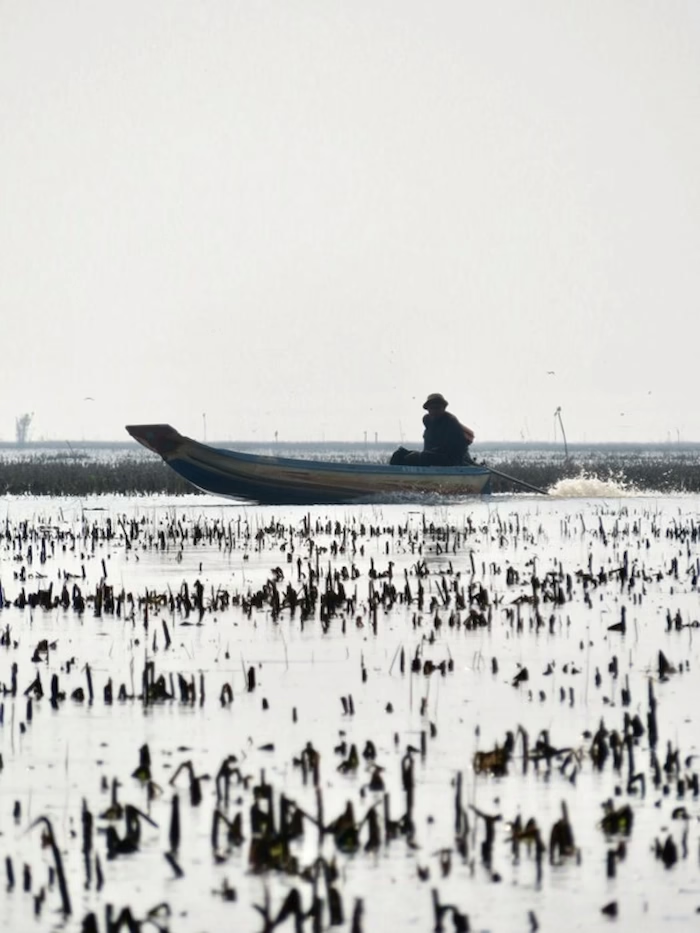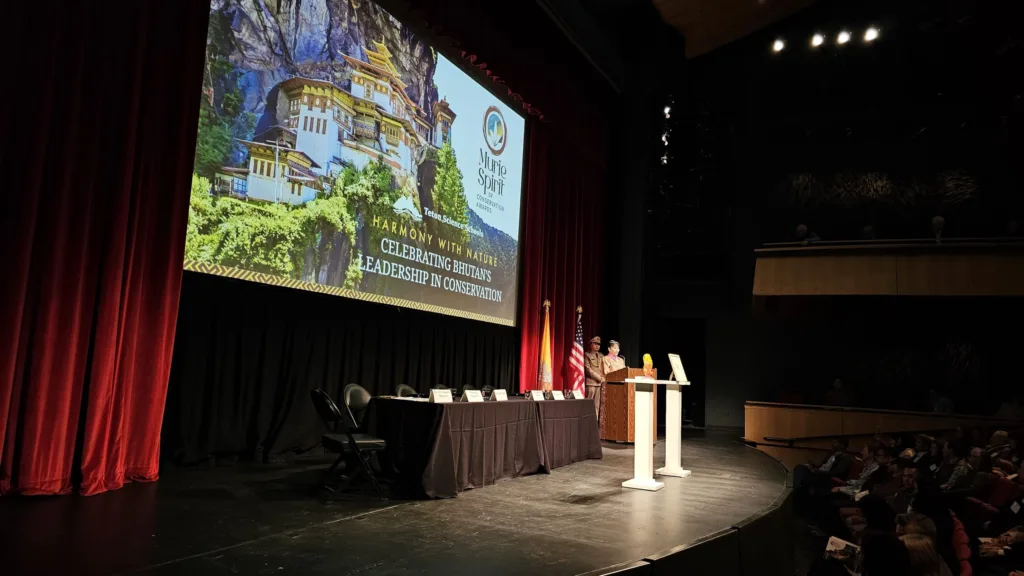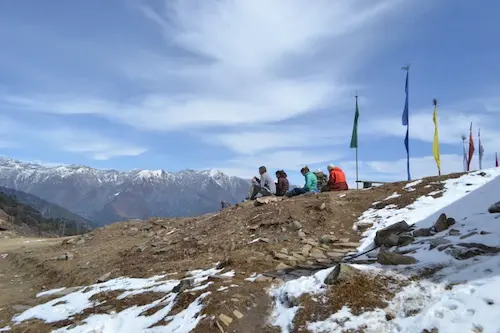What is Sustainable Development?
Sustainable Development Studies, Costa Rica
Academic Update
 We started out our fall semester 2011 by visiting three very distinct sites during our first field trip. First, we went to the tropical rainforest of Braulio Carrillo National Park, where students got a taste of the always amazing biodiversity found in the tropics, and of the challenges that scientists, managers, and park rangers face to maintain such diversity in the face of habitat destruction, urban development and global warming.
We started out our fall semester 2011 by visiting three very distinct sites during our first field trip. First, we went to the tropical rainforest of Braulio Carrillo National Park, where students got a taste of the always amazing biodiversity found in the tropics, and of the challenges that scientists, managers, and park rangers face to maintain such diversity in the face of habitat destruction, urban development and global warming.
Then, we moved on to Manú (a research field station) to observe tropical avifauna at a close range using mist nets. From there, we spent a day visiting El Progreso, an integrated farm, where our students and faculty learned to extract efficient microorganisms from the forest litter and used them as the main ingredient of an organic fertilizer mix to be applied to the farm´s garden. The farm produces healthy and tasty vegetables, and up to 85% of what we had for lunch that day came from this garden (plantains and bananas, sweet potatoes, heart of palm, lettuce, tomatoes, malanga, cassava, chicken, and eggs). The following day we saw the contrast in the factory farm of a conventional banana plantation.
It was during the hikes at El Progreso, at the end of the day, when the farm owner, Nuria Chaves, asked our students about their impressions of the farm. Some of them really liked helping out and creating the new mix of efficient microorganisms; some really enjoyed harvesting the crops, while others liked planting new crops, and many just liked everything.
Nuria explained that living sustainably is a personal choice (in her case, a family choice), a way of keeping the family integrated in a healthy environment, being aware of what we eat and what we produce. They have something that nowadays is rare: food security. If the economy is not too good, they still have food, grown by themselves. They have enough food, and they give some away to neighbors.
On top of that, Nuria is not focused on accumulating things or making a lot of money. They have just enough to satisfy their daily needs and pay for the education of their children. Nuria said that today everyone is doing whatever it takes to make money to such an extent that we forget the basics. Sometimes, in the big scheme of things, during the process of using natural resources we go beyond the ecosystem´s natural capacity to recuperate and provide critical services. We destroy this natural capacity in the eagerness to make the most profit as fast as possible, with the least amount of effort, compromising our respect for other human beings (and life in general). Along the way, we hurt nature, and we hurt humankind. We forget that we are part of nature.
This has been the most straightforward explanation of sustainable development I know of.
– Dr. Gerardo Avalos, Center Director
Student Reflection
 It was an adventurous week for The School for Field Studies’ newest class. Twenty-eight students from all across the United States convened on San Jose International Airport last Sunday to begin their semester studying sustainable development in Costa Rica’s Alajuela region.
It was an adventurous week for The School for Field Studies’ newest class. Twenty-eight students from all across the United States convened on San Jose International Airport last Sunday to begin their semester studying sustainable development in Costa Rica’s Alajuela region.
The students jumped right into life at the SFS Center, beginning their classes in Natural Resource Management, Economics and Ethical Issues in Sustainable Development, Tropical Ecology, and Language, Culture, and Society of Costa Rica. They also learned about the chores they will be completing while living at the Center, which include group meal preparation and farm duties.
It wasn’t long before SFS students packed up again for their first field trip to another SFS field station located about 60 miles northeast in Manú. Students learned about tropical ecology during hikes in Braulio Carrillo National Park, the intricacies of using decomposing matter from the forest floor to expedite composting at El Zota Organic Farm, and industrial plantation agriculture from the point of view of Standard Fruit (Dole) banana plantation employees.
The students celebrated the completion of their first week studying and exploring in Costa Rica with a night out in neighboring downtown Atenas. The class will spend the coming week preparing for a trip to Monteverde Cloud Forest, research projects, and their upcoming homestays in Panama!
– Maura Welch, The George Washington University
Related Posts

Framing Prek Toal: Photography, Conservation, and Life on the Tonle Sap

